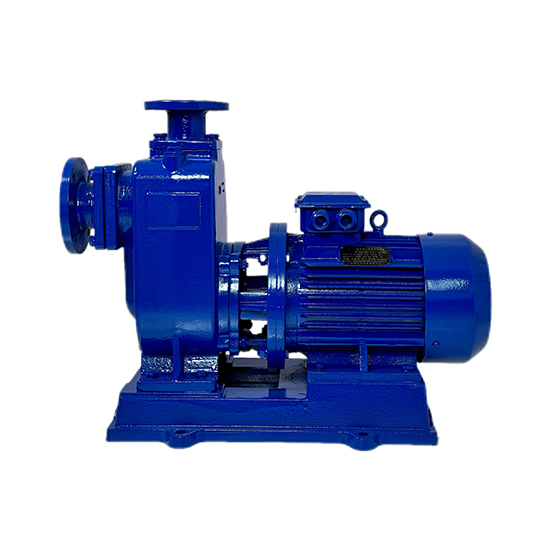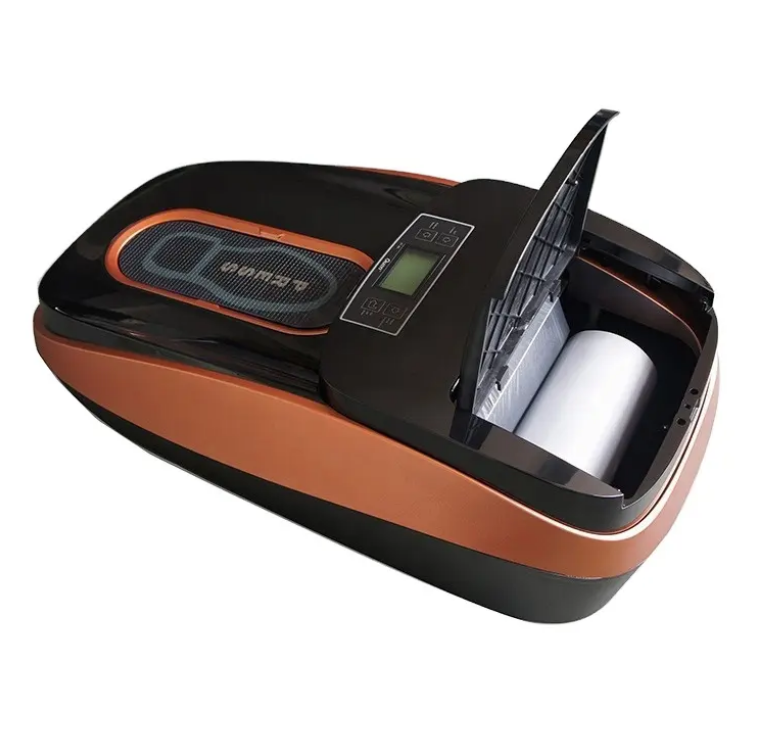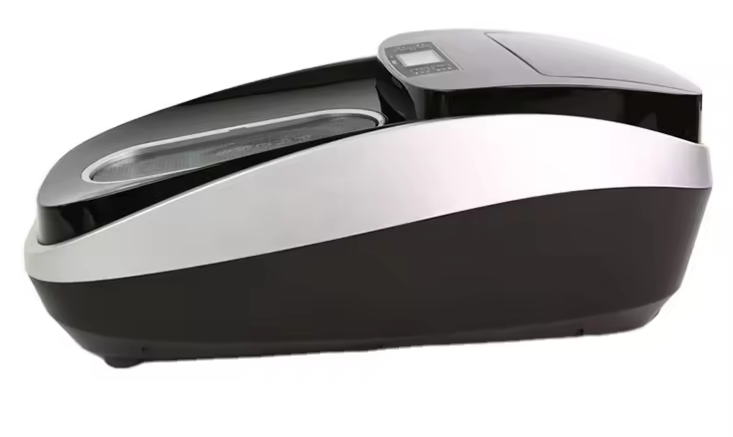The Key Role and Advantages of Geomet Disc Springs in Precision Instruments
4 min readWith the rapid development of modern science and technology, precision instruments have become indispensable key equipment in many fields. As an important part of precision instruments, the geomet disc spring manufactured by Raleigh Spring plays a vital role in the instrument due to its unique performance and advantages.

Structural characteristics and working principles of geomet disc springs
Geomet disc spring, as the name suggests, is a spring with a special geometric shape. Its structure usually consists of multiple conical or dish-shaped metal sheets that are stacked or combined to form an elastic whole. When subjected to external force, the disc spring can produce corresponding deformation, thereby storing and releasing energy.
The working principle of geomet disc springs is mainly based on their unique geometry and material properties. Through reasonable design, disc springs can achieve large deformation and restoring force in a small space, thereby meeting the requirements for high precision and high reliability of precision instruments. In addition, disc springs are usually made of stainless steel, which has higher temperature resistance and corrosion resistance than disc springs made of general spring steel.
Application of geomet disc springs in precision instruments
Geomet disc springs are widely used in precision instruments. First of all, in measuring instruments, disc springs are often used as elastic supports for measuring elements, and physical quantities such as force and displacement are measured through their deformation. For example, in precision balances, disc springs provide stable support to ensure accurate measurement results.
Secondly, in optical instruments, geomet disc springs also play an important role. Due to its good shock resistance and stability, disc springs are often used as fixtures for optical components to prevent degradation of optical performance caused by external vibration or impact.
In addition, in mechanical transmission systems, disc springs are often used as buffer elements to reduce the impact and friction between mechanical components and improve the stability and service life of the system.
The key role of geomet disc springs in precision instruments
Geomet disc springs play a vital role in precision instruments, mainly reflected in the following aspects:
1. Provide stable support: Disc springs have excellent elasticity and restoring force and can provide stable support for precision instruments. This allows the instrument to maintain stable performance when subjected to external interference, ensuring the accuracy of measurement results.
2. Achieve precise measurement and control: Because the disc spring has precise deformation characteristics, it can be used as a measuring element to accurately measure physical quantities such as force and displacement. At the same time, by adjusting the parameters of the disc spring, precise control of the instrument performance can also be achieved.
3. Improve the anti-seismic performance of the instrument: The geomet disc spring has good anti-seismic performance and can effectively reduce the impact of external vibration on the performance of the instrument. This is particularly important for precision instruments that require stable operation over a long period of time.
4. Extend the service life of the instrument: As a buffer element, the disc spring can reduce the impact and friction between mechanical parts, thereby reducing the wear and failure rate of the instrument and extending its service life.
Advantages of geomet disc springs in precision instruments
Compared with other types of springs, geomet disc springs have the following significant advantages in precision instruments:
1. Small space occupation: Disc springs have a compact structure and can achieve efficient elastic support and buffering in a limited space. They are very suitable for use in precision instruments with limited space.
2. High load-bearing capacity: Through reasonable design and optimization, disc springs can achieve high load-bearing capacity and meet the high load requirements of precision instruments.
3. High reliability: Disc springs are made of high-quality materials and undergo strict process control and quality testing, so they have high reliability and stability.
4. Low maintenance cost: The disc spring has a simple and durable structure and is not prone to failure, so the maintenance cost is low and the operating cost of the instrument is reduced.
Conclusion
To sum up, Raleigh Spring’s geomet disc spring plays a key role in precision instruments with its unique structural characteristics and excellent performance. It not only provides stable support and enables precise measurement and control, but also improves the shock resistance of the instrument and extends its service life. At the same time, disc springs also have the advantages of small space occupation, high load-bearing capacity, high reliability and low maintenance costs. Therefore, in the future design and manufacturing of precision instruments, geomet disc springs will continue to play an important role in promoting the progress and development of science and technology.
Raleigh Spring Elasticity
wxam.assistant@marketingforce.com



